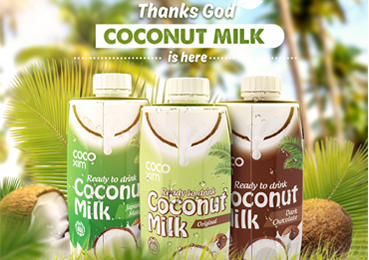Almond milk is close to taking over from soy milk as the most popular alternative milk in Australia, as the market for plant-based dairy alternatives continues to grow.
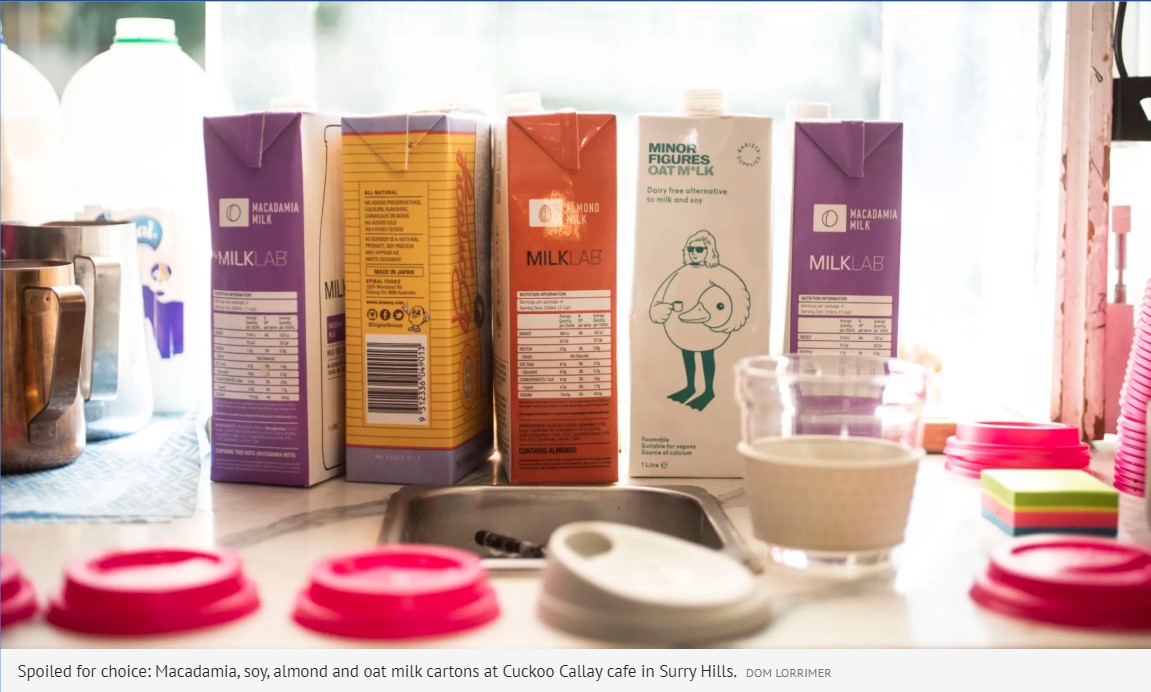
Spoiled for choice: Macadamia, soy, almond and oat milk cartons at Cuckoo Callay cafe in Surry Hills.CREDIT:DOM LORRIMER
Consumption of dairy milk has declined steadily while plant-based milk now accounts for about 7 per cent of all milk consumed in Australia - and with more than two million Australians identifying as either vegetarian or vegan, that number will likely increase.
"The greatest decline in per capita milk consumption has come from reduced and low-fat milk," said IBISWorld analyst Matthew Reeves. "This trend indicates that the preferences of health-conscious Australians are changing from the perceived healthier varieties of dairy milk to non-dairy alternatives."
Advertisement
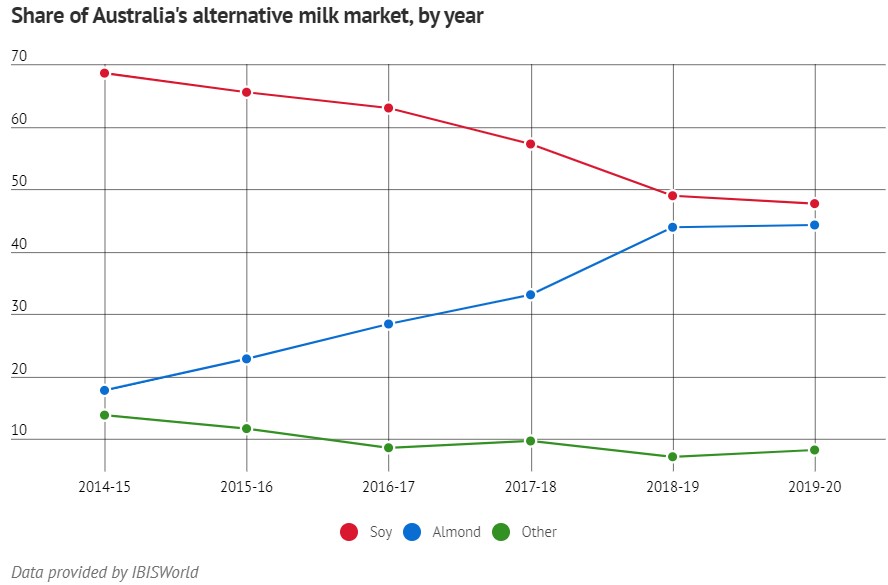
Despite the huge inroads from almond milk in the past couple of years, soy remains a clear favourite at the coffee shop for those seeking a dairy-free option.
Ibby Moubadder, owner of Cuckoo Callay in Newtown and Surry Hills, said the cafes go through about 20 litres of soy milk a week, compared with about 12 litres of almond milk.
Mr Moubadder said the particular brand of soy milk they stock - Bonsoy - was the reason for that.
“People will ask ‘do you have Bonsoy?’ and if you say no, they’ll just go somewhere else," he said.
"From what I see as an operator, people just love it, I’m not sure why. I just think it’s the flavour, and the way it mixes when it’s heated up."
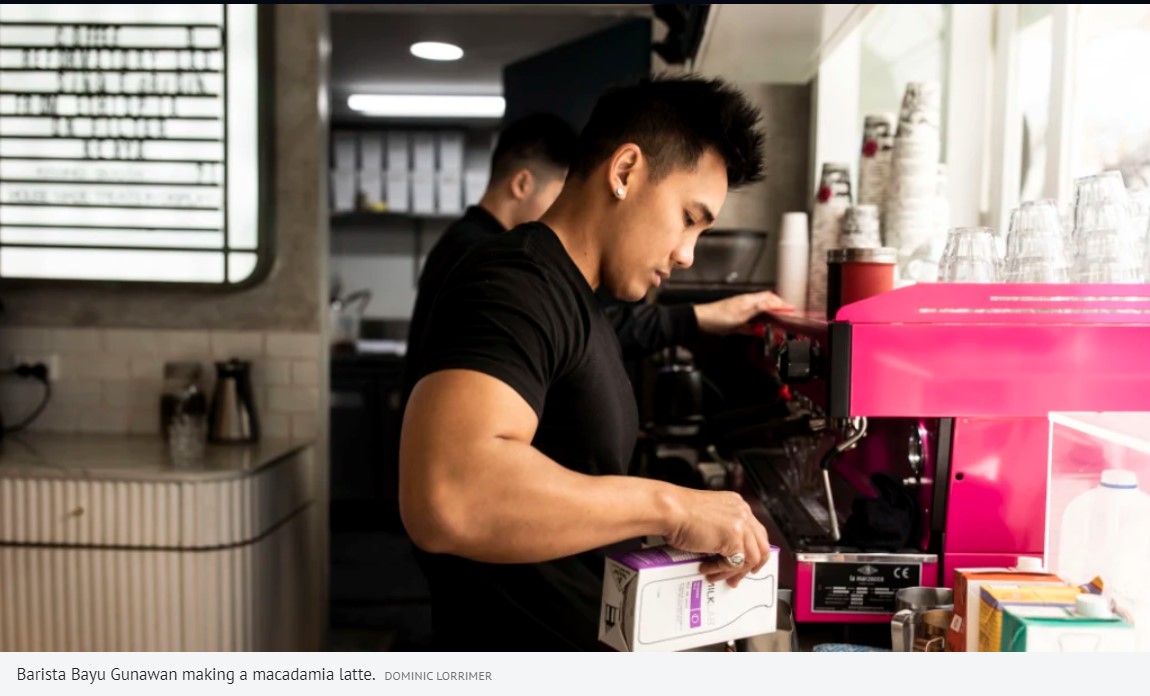
Cuckoo Callay also uses macadamia, oat and coconut milk - plus goat’s milk for "puppacinos".
Mr Moubadder said he thought oat milk was more likely to grow in popularity - but that nothing compares to the real thing.
"I don’t think anything is going to taste better than full-cream milk with coffee - but it’s a matter of opinion."
Mr Reeves said the cafe sector had remained a weak spot for plant-based milks, though this was changing.
"One area that had traditionally limited the soy and almond milk production industry’s growth was the relative incompatibility of the products for use by cafes," Mr Reeves said.
"Alternative milks have generally had a tendency to split when heated, making them less suitable for coffee. However, industry operators have developed successful barista-friendly dairy milk alternatives, creating a new avenue for industry growth."

Australian Almonds chief executive Ross Skinner said almond production had increased 7 per cent from 2017 to 2018, because of the trend in milk choices and also almost 300 new almond-related products on supermarket shelves.
"A lot of the increased consumption is based on the health benefits of eating nuts - and the increasing popularity of a plant-based diet is certainly assisting sales in Australia," he said.
Many in the dairy industry have fought the rise of dairy-free products in the past few years, calling for restrictions on the use of the word "milk".




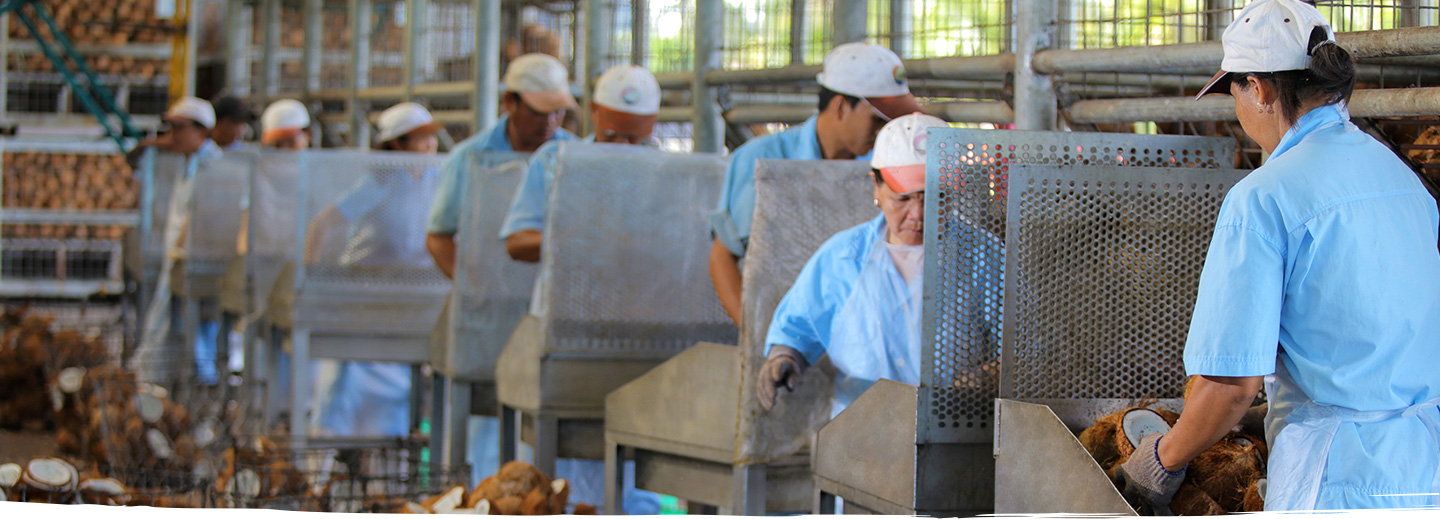

.png)

